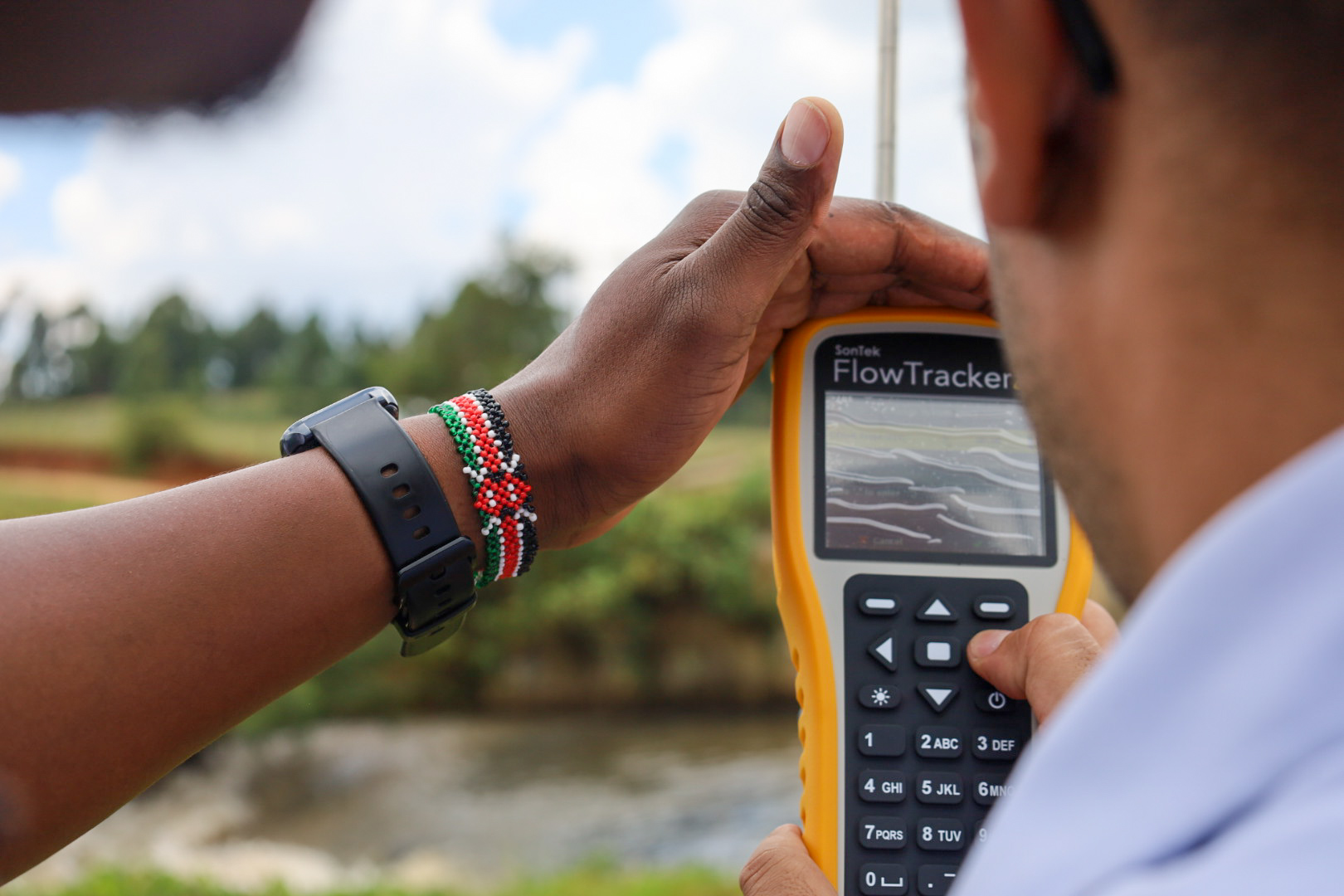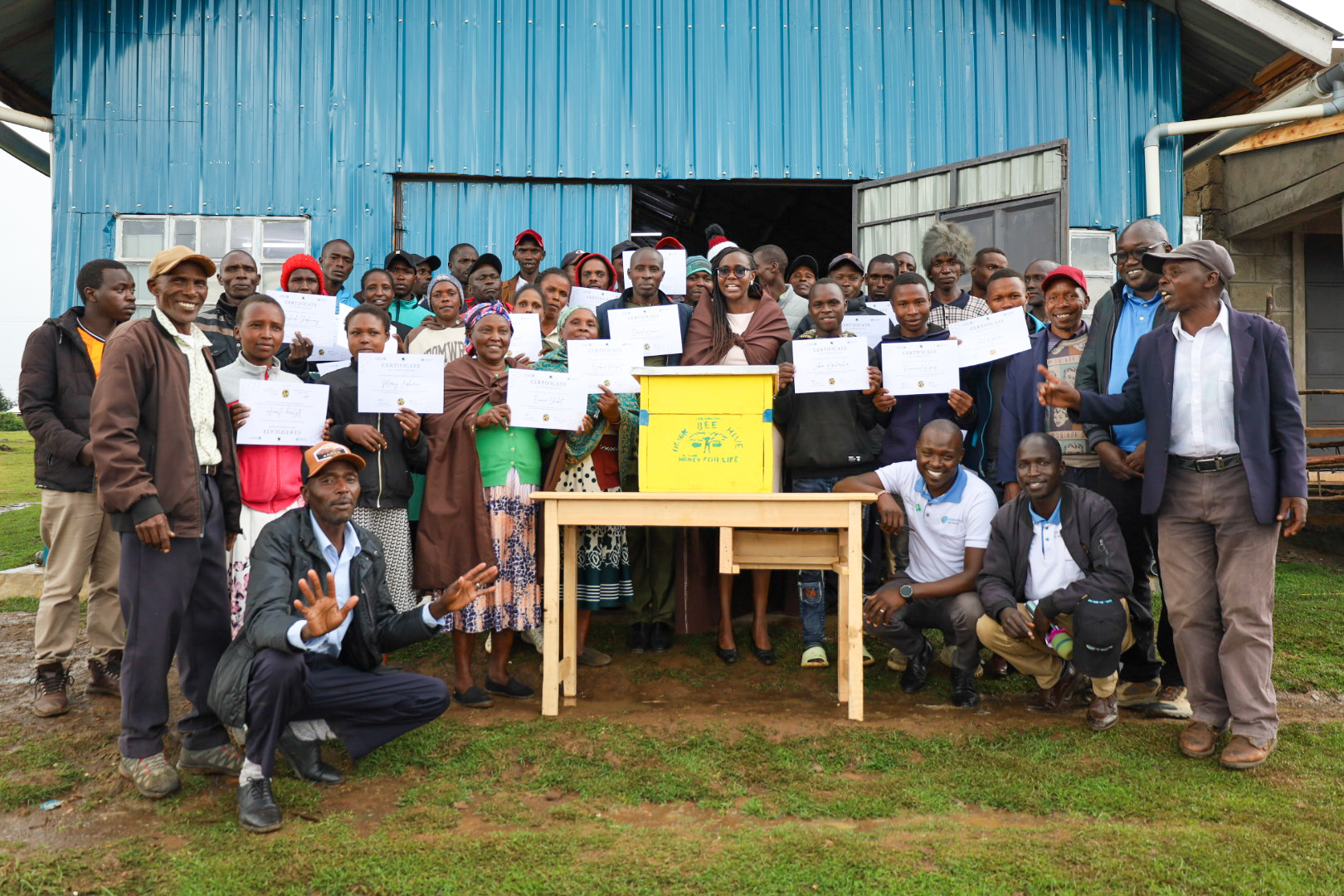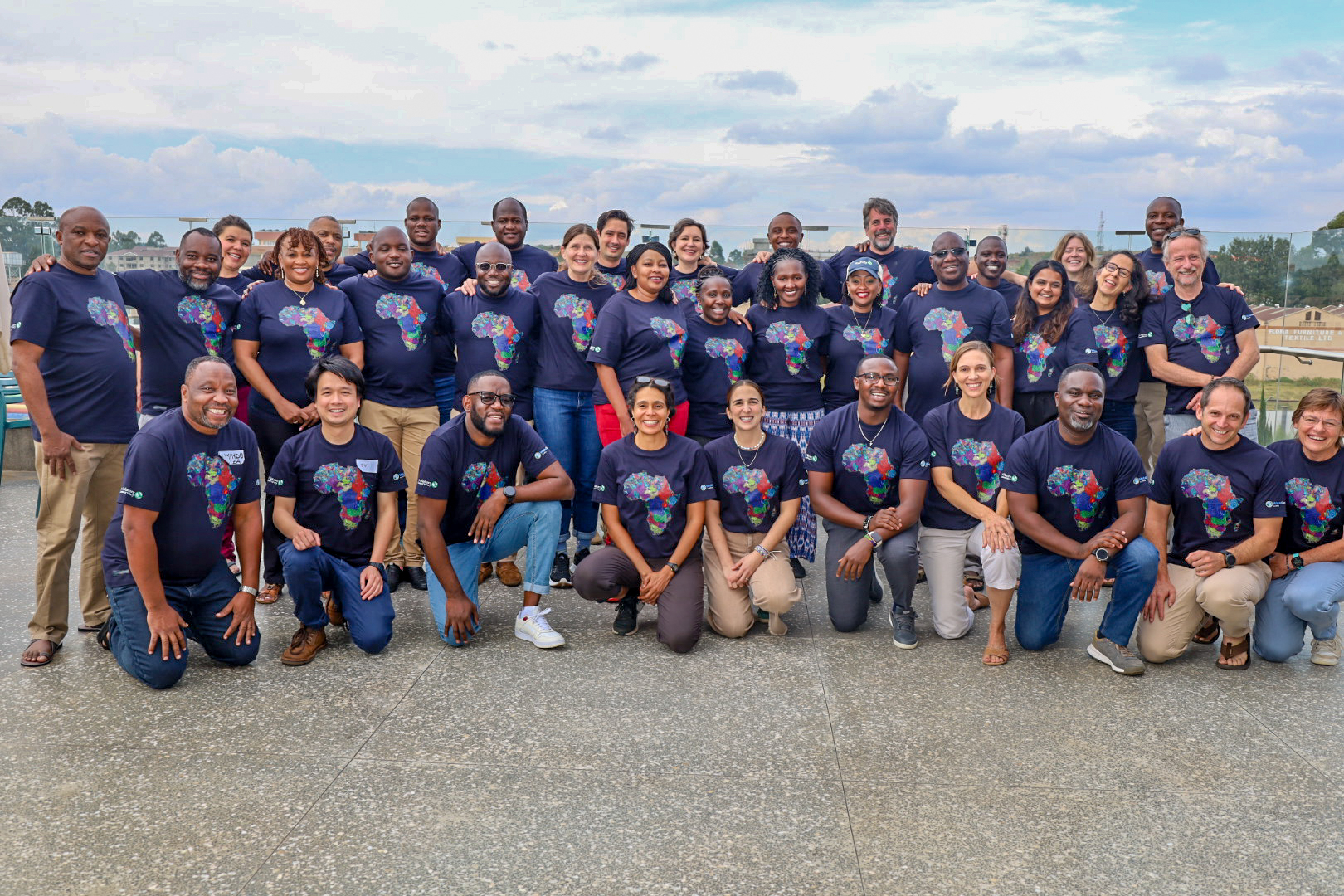By Faith Esika;
From March 17th-21st, the Eldoret–Iten Water Fund (EIWF) was honoured to host The Nature Conservancy’s (TNC) Africa Freshwater Strategy Team in Eldoret for a transformative workshop and field visit. The gathering marked an important step in refining the team’s strategic action areas, defining the course of work for the next five years, and accelerating progress toward TNC’s ambitious 2030 global conservation goals.

The workshop culminated in a strong alignment on five Strategic Action Areas for the Africa Freshwater Strategy:
- Durable freshwater protection
- Rights-based inland fisheries management
- Innovative and sustainable finance
- Freshwater policy, planning, and decision-making reform
- Resilient watersheds
A major milestone from the discussions was the agreement on a new framework for planning and implementation across key freshwater geographies: the Lake Tanganyika Basin in East Africa, KAZA (Okavango and Zambezi) and South Africa in Southern Africa, and the Congo and Ogooué Basins in Central Africa.
Beyond the workshop walls, the team immersed themselves in field activities across EIWF’s project sites. Their visits offered a first-hand look at how nature-based solutions are transforming landscapes and livelihoods.
At the Chogoo Tree Nursery, a women-led initiative supported by EIWF, the team witnessed the power of grassroots restoration. Managed by 14 dedicated women, the nursery propagates indigenous trees, ensuring survival of local species and restoring degraded landscapes. Supporting them are 10 young men who handle heavy tasks such as digging new nursery sections, loading seedlings, and collecting wildings from nearby forests. Together, they are not only restoring the environment but also building sustainable livelihoods for their community.
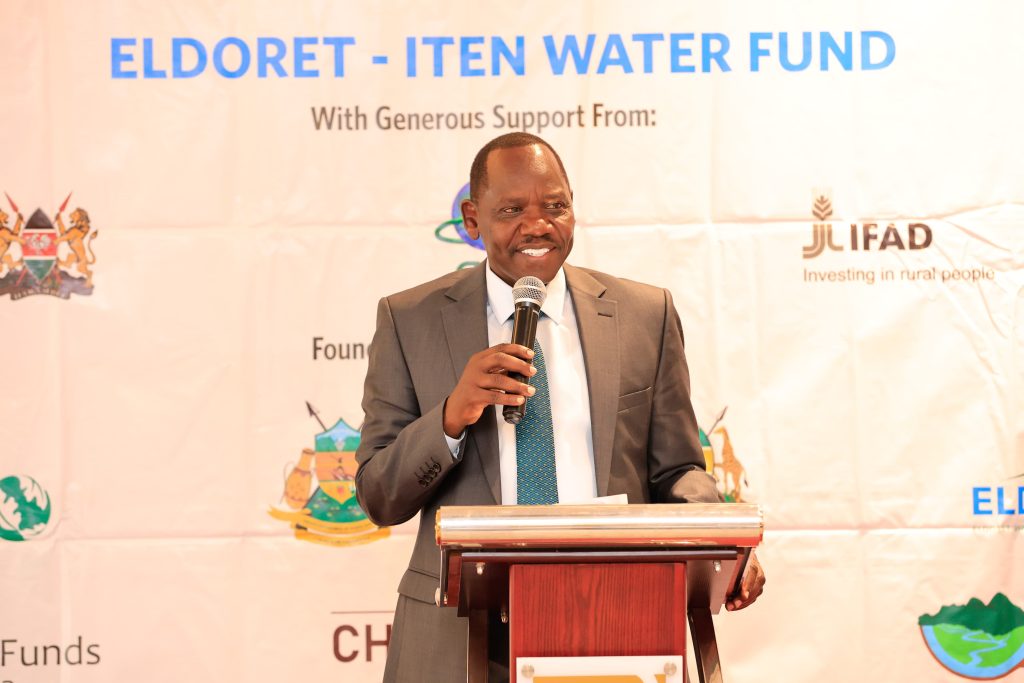
At the Chebara Dam Treatment Plant, managed by Eldoret Water and Sanitation Company (ELDOWAS), a key partner of EIWF, the team explored a critical piece of Eldoret’s water supply chain, where water from the Moiben River is treated and delivered to thousands of households in Eldoret town and its environs. The visit reinforced the importance of strong partnerships in ensuring water security for growing urban populations.
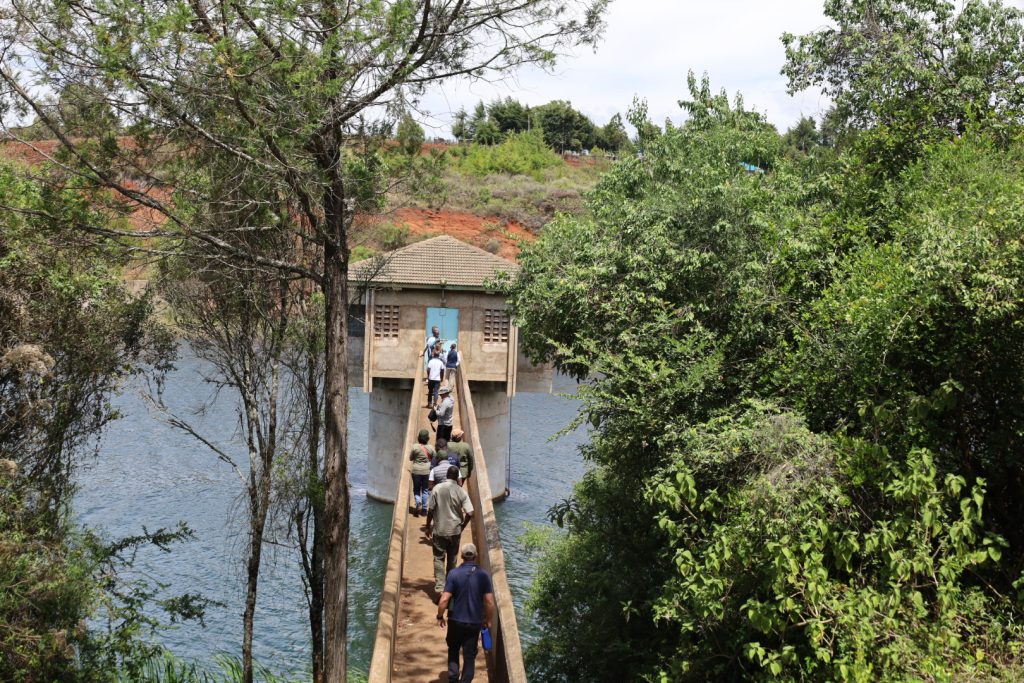

Finally, the team visited Lydia Limo, a local farmer in the catchment, whose farm showcases the benefits of nature-based solutions promoted by EIWF. From soil conservation to sustainable water use, her work illustrates how practical interventions can transform farming, boost yields, and secure both livelihoods and ecosystems.
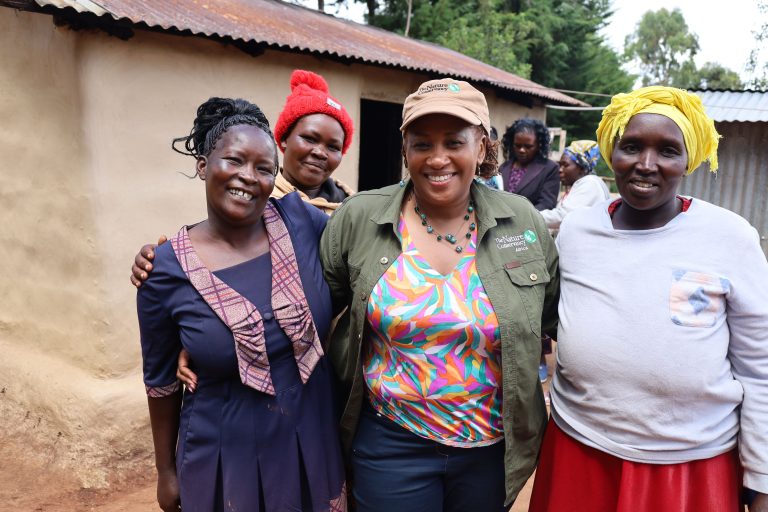
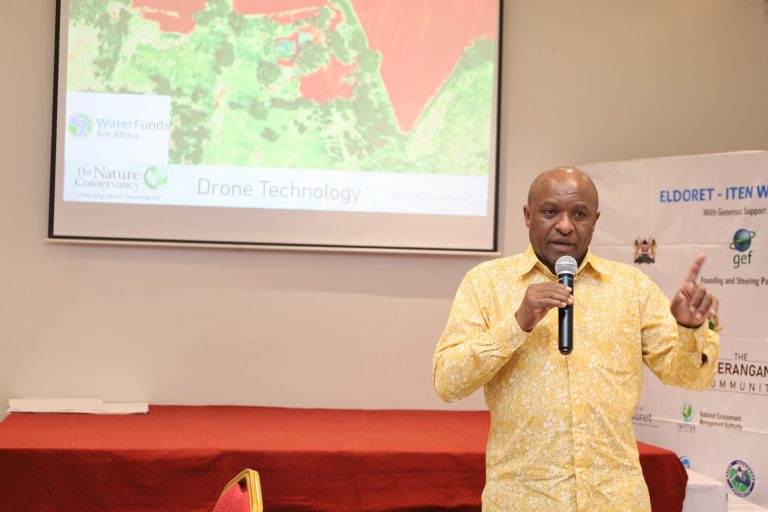
The Africa Freshwater Strategy team’s time in Eldoret was more than a workshop, it was a celebration of progress, a reaffirmation of partnerships, and a glimpse into the future of freshwater conservation in Africa.

